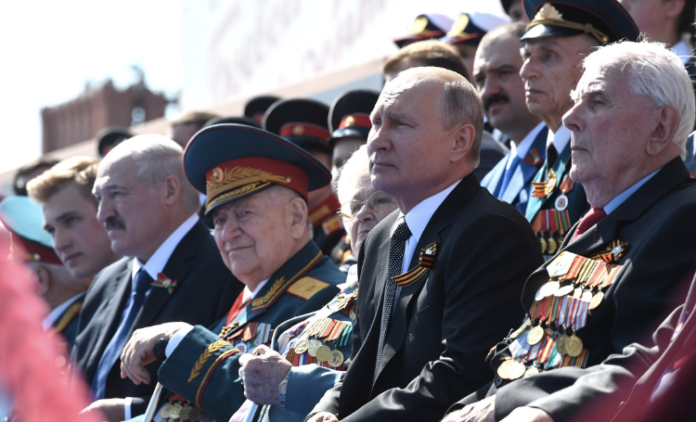Ann M. Simmons
WSJ, May 9, 2022
“Mr. Putin said the Kremlin had every indication that a clash with Ukraine, which he says is led by U.S.-backed neo-Nazis, was inevitable, so Moscow took pre-emptive action.”
Every year on May 9, Russia marks the Soviet Union’s triumph over Nazi Germany in World War II with a parade of troops and sophisticated military hardware and public celebration.
Russian President Vladimir Putin has typically used the day to unite the nation around its most revered collective memory.
This year marks the 77th anniversary of Germany’s defeat in World War II, which Russia calls the Great Patriotic War.
Putin Justifies Ukraine War at Russia’s WWII Victory Parade
Russia’s Victory Parade in Moscow commemorates the end of World War II – but this year, President Putin used it to justify the invasion of Ukraine. WSJ’s Ann Simmons reports from Red Square as the Russian leader sought to cement support for the war. Photo: Mikhail Metzel/Zuma Press
To view the original article, click here






